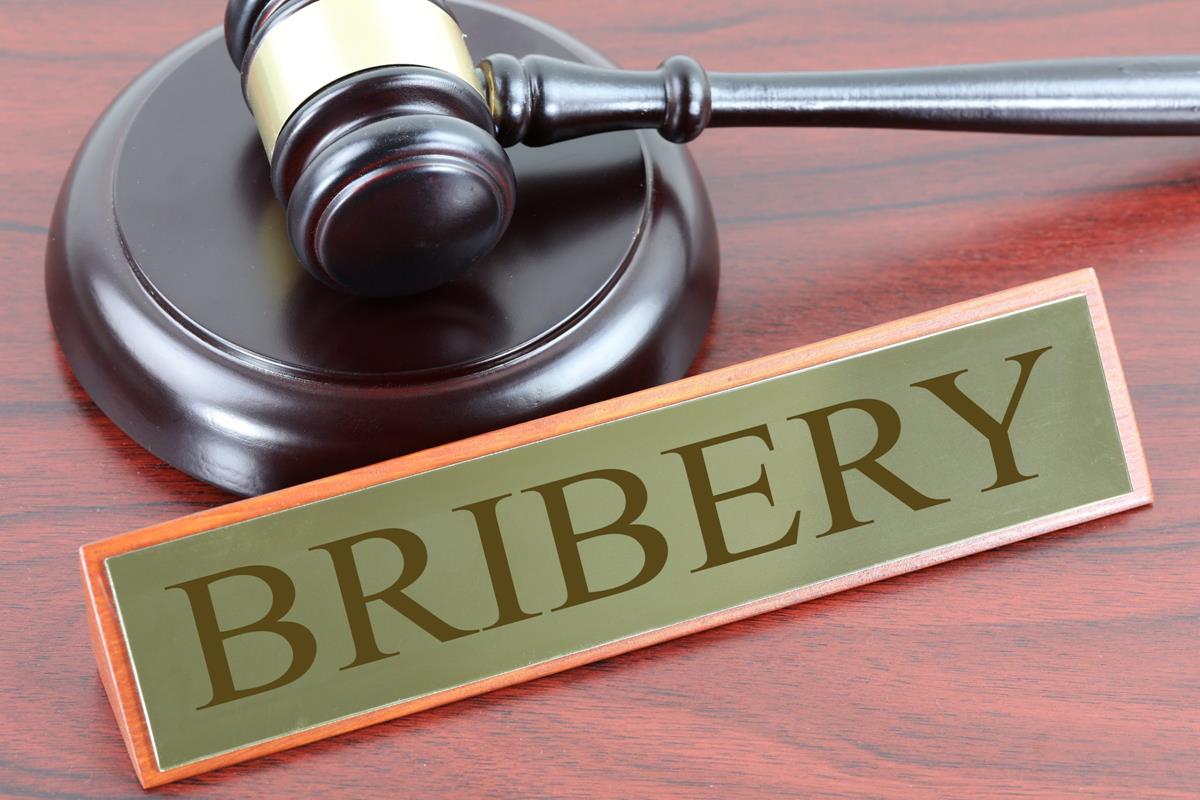
In many respects, Nigerian election petition jurisprudence is about covering up electoral fraud. There are many statements that are called principles of law that you cannot find in the common law or in the jurisprudence of any other country within the Commonwealth and that no honest mind can find a rational basis for.
I had to challenge an election petition tribunal to refer to any dictionary of law to say what it means for a witness to “speak to a document” and for a witness to “demonstrate” a document, particularly in the face of the basic rule that documentary evidence excludes oral evidence. You cannot find these as the language of reason or of the law in the common law of England. They are home grown principles which reveal how corruption has twisted our legal reasoning.
A party cannot rely on records that are on the face of forms EC8A and other forms and that show manipulations of the electoral process and other non compliance with the electoral rules unless he calls polling agents for the polling units that he is referring to as witnesses to point them out or interpret the documents to the court. When the fraud is perversive and affects thousands of polling units, the party must perform the impossible task of calling thousands of witnesses within the few days they he is allowed to present his case due to limitations of time as the entire process must be concluded within 180 days. The court knows that it is as impossible as impossible can be. Yet, if a party tenders all the forms and analyzes them in his final address, to point out the relevant information, he is accused of having dumped documents on the court. It is said that he did not call witnesses to “speak to” or “demonstrate” the documents.
With all due respect, I am yet to find a more ludicrous statement of law than that of a court complaining that the evidence that it admitted was dumped on it. Apart from my having in earlier posts drawn attention to the fact that this is a corruption of the feature known as a document dump in the American trial process, which is defined as a party delivering to his opponent, in compliance with a request or order for discovery, much more documents than necessary and in such a manner to make the opponent expend an unreasonable amount of time and resources to go through them to elicit the required information, it is wilful refusal by the court to act on admitted evidence.
In the currpted rule of dumping that we have, the complaint that ought to be made by the opposing party is made by the court which, unlike in the case of the opposing party, is being directed to the information in the documents that a party is relying on to prove his case in the final address of the party. The same court that is being fed with the relevant information in the documents, is complaining of having to fish for it. The opponent does not complain of the documents having been dumped on him but rather that it was dumped on the court. The opponent takes up the case of the court and the court takes up the case of the opponent, all against the party that tendered the evidence. In the end, the electoral fraud that is otherwise clear on the face of the records is covered up.
It has been dumbfounding for me to watch the tribunals and the courts struggle against the innovations in the Electoral Act and Rules that seek to abolish this anomaly and clear injustice. Section 137 of the new Electoral Act states that where a petitioner relies only on documents to prove his complaint of non compliance, he does not need to call any oral evidence. Paragraph 46(4) of the 1st Schedule to the Act, which contains the election petition rules, further embeds this provision by statutorily demolishing all the stated basis for the misconceived rule of dumping. It states that documents when admitted in evidence may be read or taken as read and then shall be DEEMED to have been demonstrated in open court and the court SHALL scrutinize them as part of the process of determining credibility and parties shall be free to ADDRESS the tribunal and court on their CONTENT.
As clear as these provisions are, they are still a problem for those who prefer the darkness rather than the light. Politicians, in spite of themselves, understand that politics free of electoral fraud would favor everyone in the end. They therefore struggle to make rules to make the processes of election, including consideration of election petitions, fairer and more transparent. However, the courts have remained the greatest obstacle to electoral reform and to bringing about a fairer electoral process. I have seen an election petition tribunal sneer at these innovations in the new Electoral Act.
It has always been so. The courts have always pursued convulated interpretations of electoral laws that defeat their intent and purpose and even go further to defeat constitutional requirements in order to protect the fraud of candidates that have been declared successful. I have written about some of these interpretations before. Take a look at the simple and straightforward issue of educational qualification. The courts have maintained that the requirement in INEC forms that a candidate should attach certificates to show evidence of qualification is not contained in the Constitution and therefore failure to comply with it cannot be a reason for disqualification of a candidate. However, it is clear that the rule, which INEC has power to make, is necessary to enforce the constitutional provision. Unless a party attaches a certificate, there is no means of knowing that he is qualified and no means of determining whether or not he forged the certificate. By disabling the rule made by INEC, the courts also render inoperative the constitutional requirement of educational qualification, including the constitutional sanction of disqualification for tendering a forged certificate, since if no certificate is tendered their cannot be any issue of a forged certificate. The candidate then waits to present anything during the hearing of any election petition challenging his candidature when it is too late for his opponent and the electorate to investigate the authenticity of the document he has presented and when the penalty for tendering a forged certificate to INEC cannot apply.
To be fair to the courts, much of these unjust interpretations of the law have been impelled by a desire to manage the reality of the person declared winner having assumed office, which is another flaw in our electoral laws that we should correct. The courts are blackmailed by that reality to take the position that it is better to encourage the country to accept the reality and move on. However, this also is part of the malaise of corruption that afflicts us. It is more dangerous to the health of society that truth is bent and the courts lose their integrity than that that the cup of tea of a politician is spilt by the truth that it is undeserved. If the courts had maintained their stand against electoral heist of any shape or size, not minding that anyone has been installed commander in chief, politicians would have taken a cue to play the game according to the rules. A compromising judiciary has been the strongest agent provocateur of electoral fraud.
Another ridiculous thing about Nigerian election petition procedure is that of requiring a party to obtain certified documents of the election from INEC and putting the consequences of failure to produce the documents on the party. I cannot imagine a more ridiculous process. INEC is a necessary party to the proceedings and therefore has the duty to make documents available to the petitioner and the court. The court itself has powers under the Electoral Act to summon INEC on its own motion to produce any document or, indeed, each and every document used for the election. Ordinarily, this should be the foundational order that any election petition tribunal that is really serious about its work should make. I cannot imagine myself sitting as an election petition tribunal to inquire into the conduct of an election without all the documents and materials used for the election being before me and without my having studied them with the assistance of aids. It would be like sitting to review results of students in an examination without the benefit of the scripts and the question papers. It takes a mind that cares little for the truth to complain that documents – which by the ordinary and reasonable process of inquiry ought to be before it, as sine qua non for the task it has undertken – were dumped on it, particularly in the face of the address of counsel pointing it to the relevant information in the documents. It ought to be a provision of the Electoral Act and even the Constitution, that upon completing any election, INEC loses authority over every document and material used for the election (which automatically becomes court exhibit) and must seal such and deliver it to the custody of the court. Failure to do so should attract a jail term. Any judge that refuses to consider such exhibits on the false excuse of dumping should also be considered guilty of interfering with the course of justice.
Published by Chuks Nwachuku






